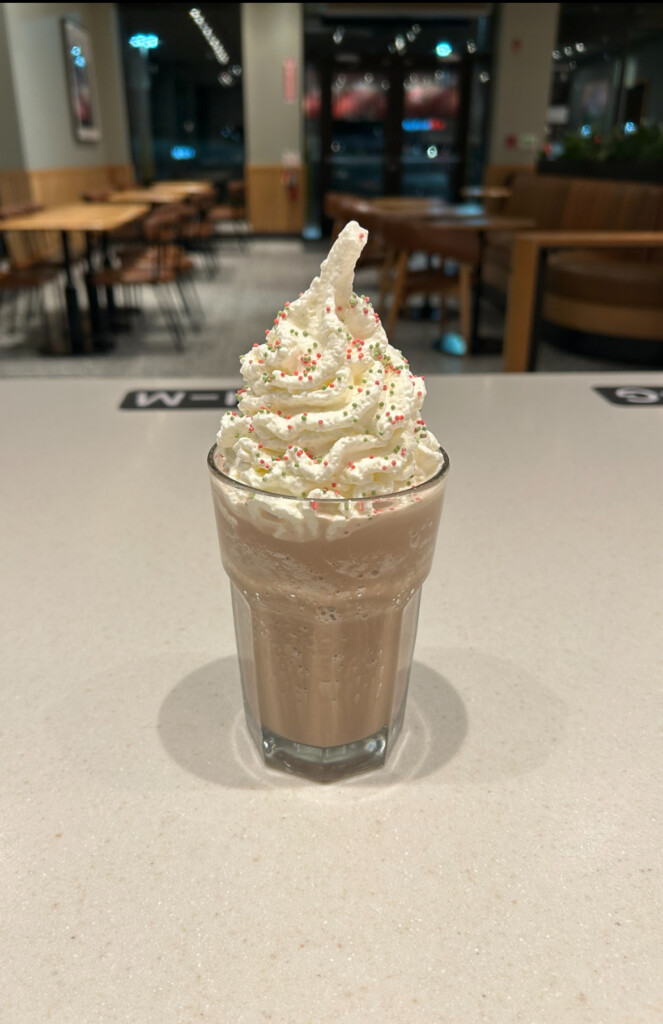A recent wave of green has visibly swept UR in all realms of campus life. From the eager proponents of the RecycleMania project to the soda bottle top collections, students have suddenly become aware of their own consumer habits, what those imply for the environment and how to improve social conditions in other parts of the world. But when the stringy-haired burnout in line in front of you at the coffee shop is ordering his low-fat, organic, vegan, no-whey, preservative-free, all-natural frappuccino (venti, with a double shot and shaken, not stirred) you begin to wonder how much of that organic hullabaloo really matters considering you’re still, at the heart of it, getting jacked up on caffeine.
When the University adopted a Starbucks this year, students were divided in their responses. Some lined right up with mugs in their shaking hands; some spent last semester grumbling? and falling asleep in class. In fact, the wide-spread Starbucks takeover has been the subject of parody across the United States, as comedian Craig Kilborn quipped, “A new Starbucks went up in my neighborhood. In order to build it, they had to tear down two others.”
Starbucks’s mission statement itself commits to “buy, sell and use environmentally friendly products.” This dedication may initially seem all well and good, but what about selling consumer-friendly products? I’m not talking about a smiling barista willing to listen to your nonsensical coffee specifics, but the caloric intake one simple trip can set you back: a nauseating 760 calories for one venti White Chocolate Frappuccino Blended Crme. Considering the exhausting effort it takes to order a drink with that many adjectives, you could maybe subtract a few, but the damage is still the same.
The diet that allots over 700 calories for a mere beverage will probably entail a lot more than just one coffee fix, so the results are staggering, and not simply because the customer will be close to collapse.
While the efforts to reduce, reuse and recycle on campus are commendable without question, questions are reserved for those who hide behind these ethics and continue to plow over fields to set up shop and sell their customers products that leave them bug-eyed and bloated.
The insightful Conan O’Brien noted that: “A group of protesters who are very unhappy at the rapid expansion of Starbucks have been repeatedly smashing the windows of a Starbucks store in Maine. Customers say it’s been really inconvenient because, several times now, they’ve had to use the Starbucks across the street.”
Now, I don’t mean to throw stones myself, but I raised an eyebrow at the squeaky-clean “buy, sell and use environmentally friendly products” mission on their website.
Perhaps because it followed the phrase: “recognize that profitability is essential to future success.”
Titus is a member of the class of 2011.

